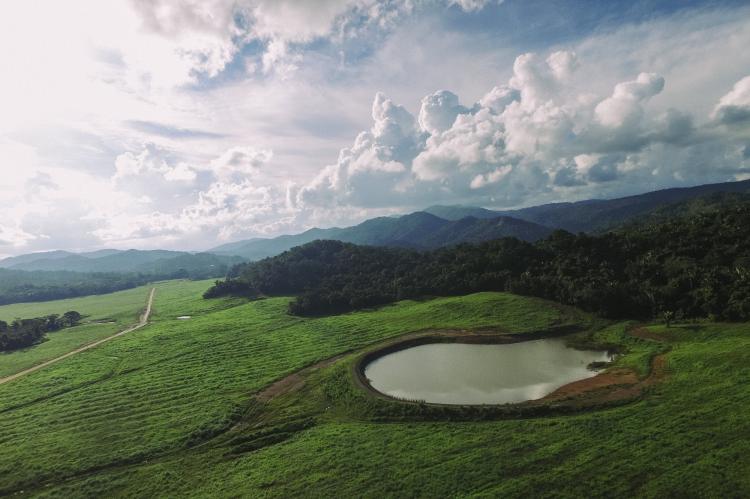A Pathway to Prosperity: Belize’s Agricultural and Livestock Future
By: Omar Silva
Editor: National Perspective Bz DIGITAL 2024
Belize City: Thursday 14th November 2024
In the heart of the Caribbean, Belize stands as a fertile nation with rich soils, diverse climates, and an agricultural history that once positioned it as an agricultural leader. Our fields have given us sugar cane, papaya, banana, citrus, and cacao, grounding our economy in farming and agriculture. But the future can hold even more promise if we harness these resources wisely. By adopting a regionalization strategy tailored to the specific conditions and strengths of each district, Belize can unlock the full potential of its agricultural and livestock sectors, moving closer to the economic independence we aspire to achieve.
A Vision for Agricultural Regionalization
Belize’s geography varies from the rolling hills of Cayo to the lush southern districts and coastal plains, each region offering unique agricultural advantages. With a strategic, district-by-district approach, agricultural and livestock production could be organized to optimize each area's strengths. For instance, districts with water access and fertile lands could focus on high-yield crops like citrus and bananas, while areas with drier conditions might find success with livestock or drought-resistant crops. This model would improve food security, reduce our dependence on imports, and, importantly, open doors to export markets.
By investing in regionalization, Belize can lead Central America in sustainable agriculture, with benefits rippling throughout the economy and into rural communities.
Building Blocks for Success: Government Support and Strategic Actions
For this initiative to flourish, the government must implement a multi-faceted strategy, equipping farmers with the tools and resources they need to thrive. Key actions could include:
- Training and Technology
Tailored training programs on sustainable practices for each district would empower farmers to maximize yields while preserving the environment. Technology transfer, such as the introduction of makeshift irrigation systems and greenhouses, could sustain production even in challenging climates.
- Financial Support and Incentives
Accessible credit at low rates with grace periods would allow farmers to invest in expansion. Additionally, subsidies on essentials like seeds, fertilizers, and pesticides could lighten the financial burden. Tax exemptions for sustainable practices would further encourage eco-friendly production.
- Productive Infrastructure
Infrastructure is a crucial piece of this vision. Advanced irrigation systems, greenhouses, and other essential facilities would support farmers, especially in areas facing extreme climates. Such investments are essential to maximize productivity and ensure year-round supply.
- Partnerships and Commercialization
Cooperatives, partnerships with private enterprises, and government support for marketing initiatives would open new markets, create jobs, and strengthen the agricultural value chain.
Research and Development
With support from the University of Belize and other institutions, research initiatives would drive innovation, enabling farmers to adopt advanced practices. New crop varieties and improved water-use techniques could revolutionize farming across Belize, ensuring sustainability.
Overcoming Challenges for Long-Term Gains
Yes, there will be hurdles. Initial financing and resistance to change may pose barriers, but the potential for a more prosperous Belize outweighs these obstacles. Regionalization, if well-executed, will not only make the most of our natural resources but also bring higher incomes to our rural producers, reducing our dependency on imported goods and building a resilient economy. Belize could earn a new reputation as a top-quality food producer within Central America and the Caribbean, securing food stability and economic growth.
A Road to Economic Transformation
This policy is about more than agriculture; it’s about laying the foundation for a prosperous, equitable economy. Belize has the resources, climate, and human capital to lead the region in sustainable agricultural production. By aligning the strengths of each district with the right infrastructure, training, and financial support, we can turn this vision into reality.
Let us spark the public conversation and push for a government-backed initiative to implement a regionalization policy in Belize. Together, we can grow a brighter, sustainable future for Belize that benefits all.
- Log in to post comments

